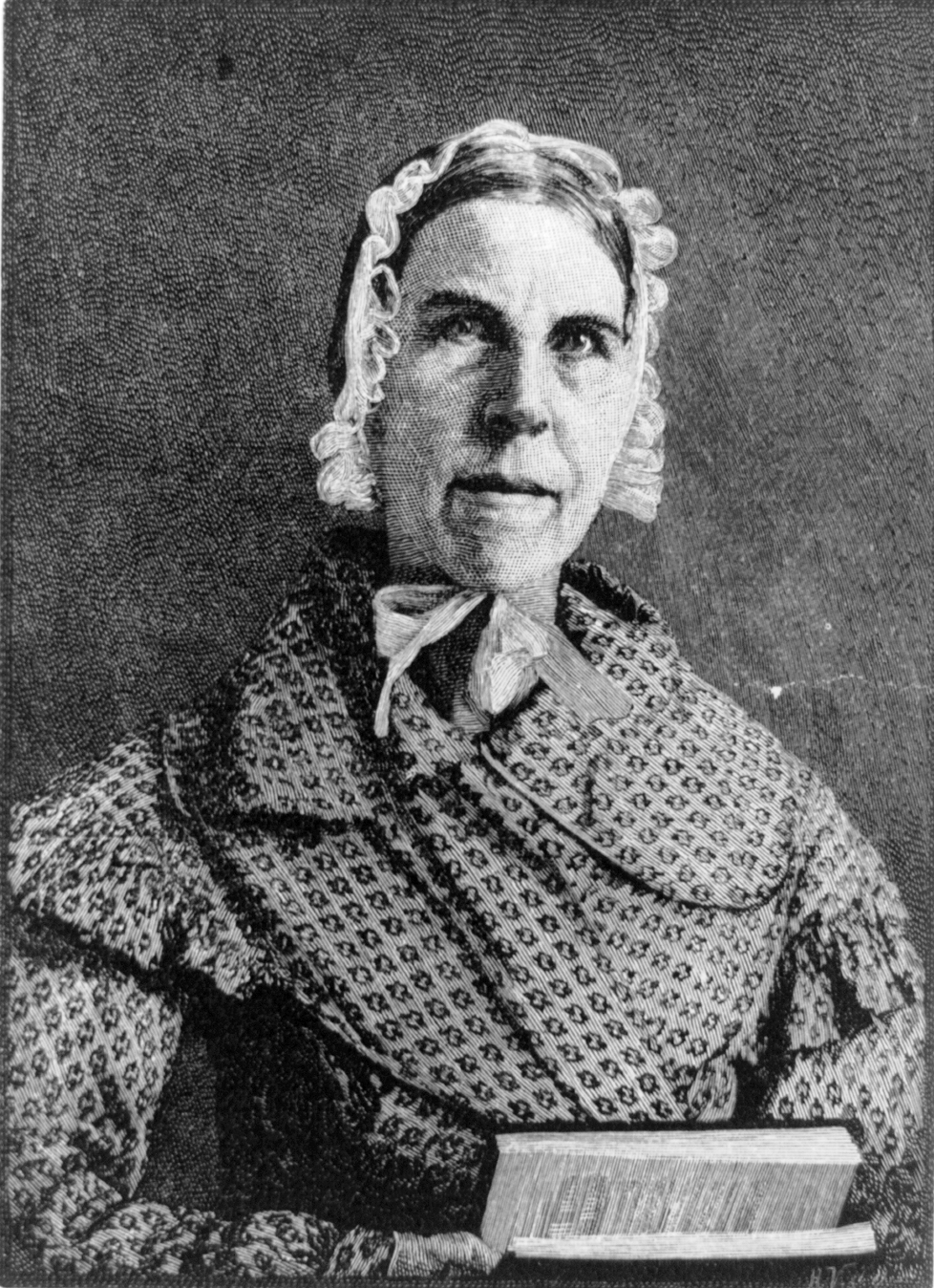Letter 2 (July 17, 1837).
Letters on the Equality of the Sexes and the Condition of Woman (1837)
Sarah Grimké: Frasi in inglese
Written in 1857, as quoted in ch. 87.
The Female Experience (1977)
Letter 3 (July 1837).
Letters on the Equality of the Sexes and the Condition of Woman (1837)
Letter 9 (August 25, 1837).
Letters on the Equality of the Sexes and the Condition of Woman (1837)
Letter 2 (July 17, 1837).
Letters on the Equality of the Sexes and the Condition of Woman (1837)
Letter 15 (October 20, 1837).
Letters on the Equality of the Sexes and the Condition of Woman (1837)
Letter 15 (October 20, 1837).
Letters on the Equality of the Sexes and the Condition of Woman (1837)
“There has been a comparatively greater proportion of good queens, than of good kings.”
Letter 9 (August 25, 1837).
Letters on the Equality of the Sexes and the Condition of Woman (1837)
Letter 8 (1837).
Letters on the Equality of the Sexes and the Condition of Woman (1837)
“I know nothing of man’s rights, or woman’s rights; human rights are all that I recognise.”
Letter 15 (October 20, 1837).
Letters on the Equality of the Sexes and the Condition of Woman (1837)
Opposing unreciprocated acts of chivalry and deference toward women.
Letter 15 (October 20, 1837).
Letters on the Equality of the Sexes and the Condition of Woman (1837)
Letter 15 (October 20, 1837).
Letters on the Equality of the Sexes and the Condition of Woman (1837)
Written in 1852, as quoted in ch. 87.
The Female Experience (1977)
As quoted in The Grimke Sisters from South Carolina, by Gerda Lerner, ch.5 (1969).
Written in 1852, as quoted in ch. 87.
The Female Experience (1977)
Letter 8.
Letters on the Equality of the Sexes and the Condition of Woman (1837)
Written in 1852, as quoted in ch. 87.
The Female Experience (1977)
Letter 1 (July 11, 1837).
Letters on the Equality of the Sexes and the Condition of Woman (1837)
Written in 1852, as quoted in ch. 87.
The Female Experience (1977)
Written in 1852, as quoted in ch. 87.
The Female Experience (1977)
Letter to Harriot Hunt (1853), as quoted in The Grimké Sisters from South Carolina: Pioneers for Woman's [sic] Rights and Abolition, p. 241, by Gerda Lerner. Editorial Oxford University Press, 1998. ISBN 0195106032.
The “cause” was two-fold: abolition of slavery and establishment of women’s rights, especially suffrage. Some abolitionists and feminists thought it essential to win the support of clergymen.
Letter 15 (October 20, 1837).
Letters on the Equality of the Sexes and the Condition of Woman (1837)
